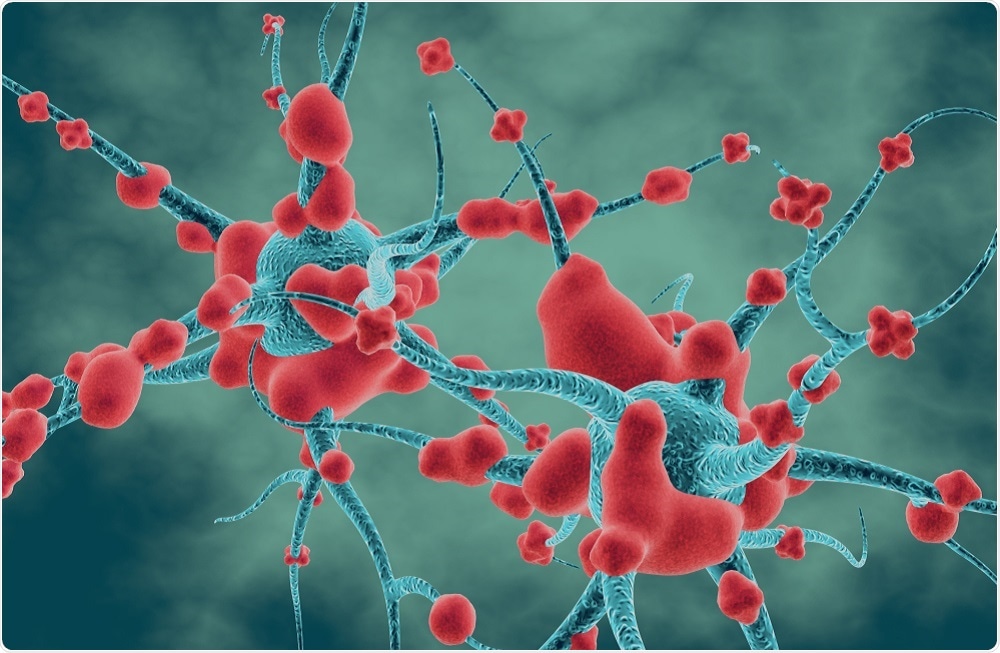In a new study, researchers have shown that obesity increases the level of semi-dormant senescent cells in the brain, which give rise to anxiety-like behaviors.
 Illustration Forest | Shutterstock
Illustration Forest | Shutterstock
Obesity is a growing global health problem; current estimates suggest that about a fifth of the adult population worldwide will be obese by 2025.
It is known that obesity is associated with a high prevalence of altered emotional reactivity and cognitive dysfunctions, which in turn are significant risk factors for obesity-related systemic health complications, such as cardiovascular diseases and type 2 diabetes.
It therefore comes as no surprise that researchers have been trying to identify the dynamic mechanisms that give rise to such obesity-related neuropsychiatric symptoms for many years.
Now, a global team of researchers from a number of renowned research centres, including the Mayo Clinic, the Robert and Arlene Kogod Center on Aging and the University of Newcastle, have discovered that mice that are genetically engineered to be obese develop more fat cells in the region of the brain that controls anxiety. They also discovered that these mice show significantly more senescent cells in this region, when compared with normal mice.
Senescent cells, also known as zombie cells, are cells that are semi-dormant and known to impair function in the areas of the body where they are present. Previous research has shown that senescent cells contribute to several aspects of aging, ranging from osteoporosis and muscle weakness to diabetes.
A mouse is deemed to be showing anxious behaviour if it tends to avoid open areas and moves only along the outside walls or corners of its enclosure. In addition, mice with anxiety perform less well in maze tests.
In the study, the obese mice demonstrated anxiety, whereas the control mice did not. The anxious behaviors exhibited by the mice subsided when the senescent cells were removed using senolytic drugs. This also resulted in a reduction of the number of adipocytes in the brain, which allowed normal neurological cell growth to resume.
It should be noted that although the removal of senescent cells reduced anxiety levels, the mice remained obese.
Our data demonstrating a link between obesity, senescence, and anxiety-like behavior provide critical support for the potential feasibility of administering senolytics to treat obesity-associated anxiety-like behavior, provided that clinical trials validate this approach."
More pre-clinical research is needed to define the mechanism of action and identify the type of senescent cells involved before clinical trials will be initiated.